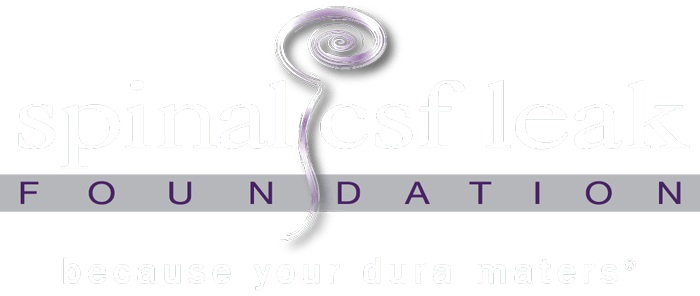
Meet Dr. Deborah Friedman, a neurologist specializing in headache medicine and neuro-ophthalmology in Dallas, Texas. Dr. Friedman was the founding director of the Headache and Facial Pain Program and Cerebrospinal Fluid Dynamics Program at the University of Texas Southwestern Medical Center. She is Board Certified in neurology and headache medicine, and is a Fellow of the American Academy of Neurology, American Headache Society (AHS), American Neurological Association, and the North American Neuro-Ophthalmology Society (NANOS). She served on the Board of Directors of AHS and the Southern Headache Society, she was a past president of NANOS, and was on the steering committee for the Idiopathic Intracranial Hypertension Treatment Trial. She has published over 130 articles in peer-reviewed journals and 27 book chapters. Her key interests are intracranial pressure disorders, cluster headache and migraine. You can find out more about Dr. Friedman and her work at www.neuroeyes.com
She has been a member of the Spinal CSF Leak Foundation’s medical advisory board since 2017.
We recently asked Dr. Friedman to share with us a little about her life and work.
What first motivated you to focus on spinal CSF leaks?
I have been interested in spinal fluid pressure disorders since early in my career—initially, intracranial hypertension. I expanded into treating spinal CSF leaks when I started seeing patients with a suspected leak, and when the disorder became more widely known, thanks largely to the late Dr. Bahram Mokri, a neurologist at Mayo Clinic. Though frustrations and limitations still exist, we have come a long way since then regarding diagnosis and treatment. I consider myself kind of a medical detective (I’m a neurologist, after all) and really enjoy taking care of patients with leaks and being the one who figures out that they have one.
What do you wish more people knew about spinal CSF leaks?
Everything! How disabling it is, what the symptoms are, when to suspect it, and where to go for capable medical care. It’s a treatable neurologic disorder with the potential for cure—we don’t have many of those in neurology!
What are you most excited about right now regarding spinal CSF leak research?
Right now, I am working on a pilot project with a medical student at UT Southwestern on quality of life in our patients with both confirmed and suspected CSF leaks. We gathered and analyzed the data and it is VERY impactful. I’m also leading an international team, in a Spinal CSF Leak Foundation initiative, to look at the medical evidence for doing lumbar puncture and which imaging tests have the greatest yield for leaks. I’m excited about developments in imaging techniques, possible biomarkers of a leak other than the brain MRI, and advances in procedures techniques to close leaks.
What do you like to do when you’re not seeing patients or thinking about spinal CSF leak?
I enjoy cooking, exercising, reading (historical fiction especially), writing for pleasure, listening to music/going to concerts (symphony, country music, jazz), museums, opera, playing the flute, singing in our synagogue’s choir (fortunately, having a great voice is not required), entertaining, and seeing my friends.
Thanks, Dr. Friedman, for all you do to help patients, educate others, further research, and raise awareness about spinal CSF leak!
